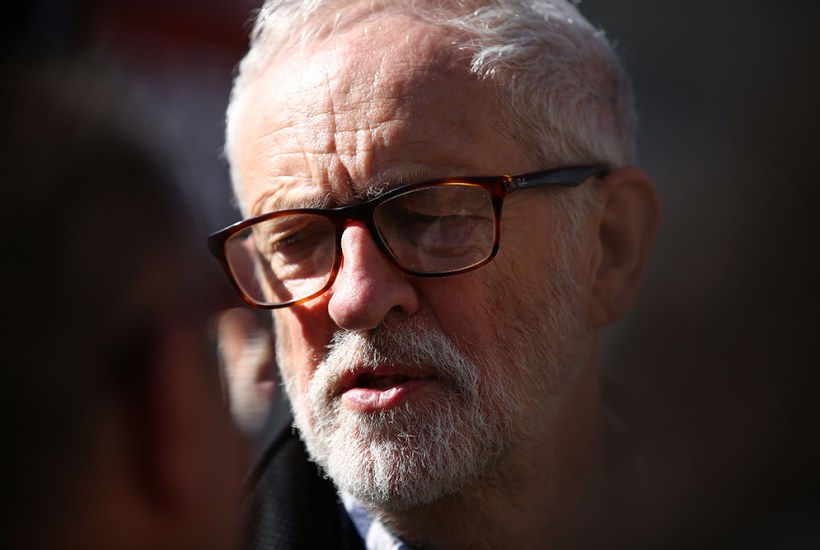Much like its editors, I have no idea who Poetry for the Many is for. However, the choir it preaches to is quickly identified. It opens with a dedication to Julian Assange, the free speech martyr in no way a narcissist patsy for a hostile state. A member of UB40 summarises the book’s aim on the jacket: to ‘encourage the working classes to embrace and enjoy culture’.
Already a subscriber? Log in
Subscribe for just $2 a week
Try a month of The Spectator Australia absolutely free and without commitment. Not only that but – if you choose to continue – you’ll pay just $2 a week for your first year.
- Unlimited access to spectator.com.au and app
- The weekly edition on the Spectator Australia app
- Spectator podcasts and newsletters
- Full access to spectator.co.uk
Or
Unlock this article
You might disagree with half of it, but you’ll enjoy reading all of it. Try your first month for free, then just $2 a week for the remainder of your first year.








Comments
Don't miss out
Join the conversation with other Spectator Australia readers. Subscribe to leave a comment.
SUBSCRIBEAlready a subscriber? Log in